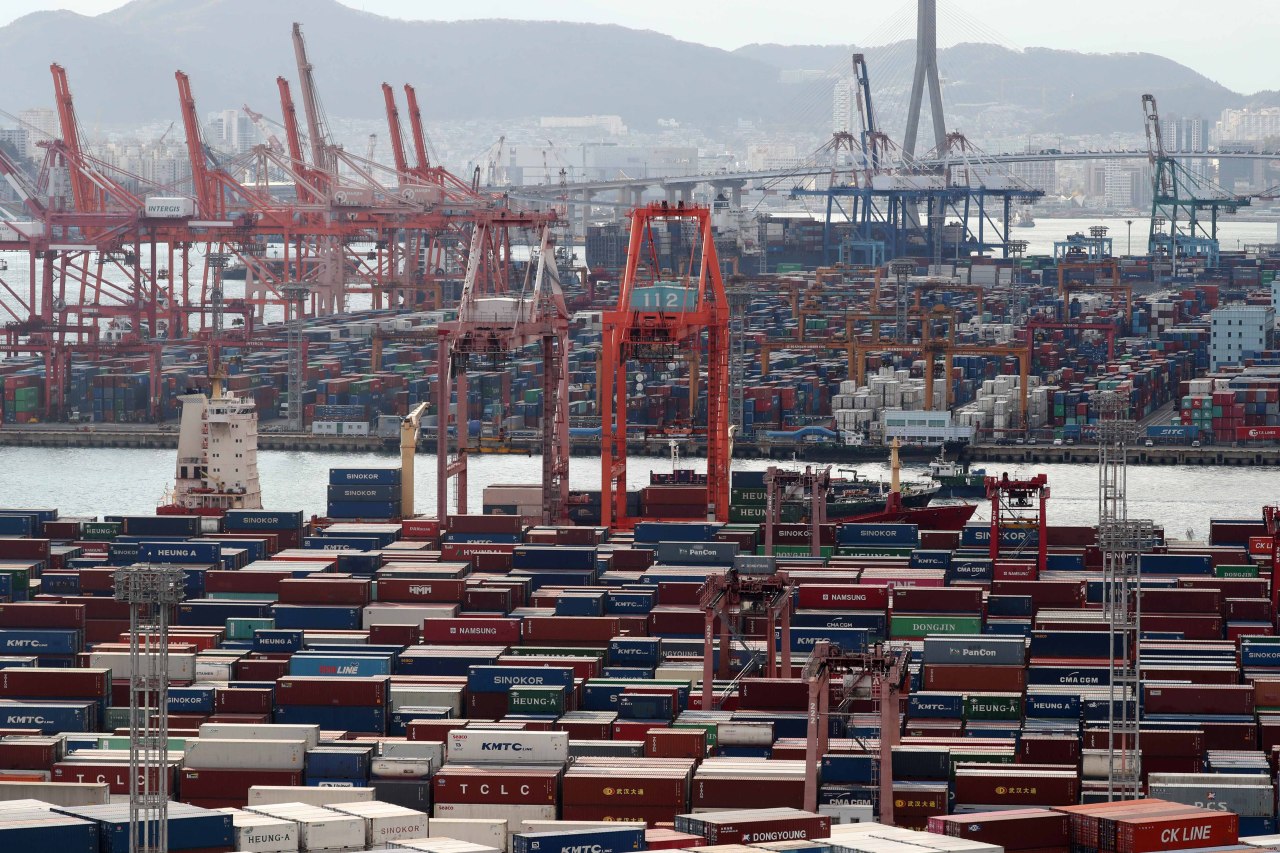 |
Korean businesses see no major breakthroughs in Japan ties (Yonhap) |
Most South Korean companies trading with Japan were pessimistic over the possibility of the two neighboring countries improving their chilled ties anytime soon, despite the urgent need to do so, an industrywide survey found Monday.
According to the survey conducted by the Korea Chamber of Commerce and Industry, 92.6 percent of 202 domestic companies agreed that bilateral economic cooperation was absolutely necessary to facilitate trade between the two nations.
But the majority of the firms said they were skeptical about any breakthrough in ties, long strained over wartime history and trade disputes.
Of the companies that responded, 80.7 percent said bilateral relations will not improve and 6.4 percent said they are likely to worsen. Only 12.9 percent said there is a possibility the ties could improve.
Amid a prolonged diplomatic feud between the two countries, companies said there was a need for economic cooperation between the two countries so that both sides could benefit from enhanced trade and investment.
The major impediment that 42.1 percent of the companies pointed to were issues stemming from Tokyo’s 1910-45 colonial rule of the Korean Peninsula.
Other issues cited were the COVID-19 pandemic, trade regulations, mutual competition as rivals and the deterioration of national consciousness between the two countries.
Of those surveyed, 52 percent said the two countries must prioritize trade recovery and revitalization, such as efforts to maintain a free trade agreement between the two nations, and stressed the need to expand the agreement not just between Korea and Japan, but also among Korea, China and Japan.
In terms of the difficulties they faced in trade with Japan, 24.5 percent cited operational difficulties due to COVID-19. Another 20.4 percent pointed to export decreases, 14.3 percent to distribution cost increases and 12.2 percent to delayed logistics.
Firms also urged the government to play a more active role in bilateral ties through diplomacy normalization (25.5 percent), logistics support (25.5 percent), coming up with an agenda for cooperation (12.3 percent) and revitalization of private interchange (11 percent).
“Companies from Korea and Japan, which suffer from a double whammy of COVID-19 and diplomatic conflict, are also facing challenges to respond to the reorganization of the global supply chain in the future. The private sector needs to restore the foundation for Korea-Japan cooperation and make efforts to communicate with each other,” said Kang Seog-gu, vice president of the KCCI international trade division.
By Hong Yoo (
yoohong@heraldcorp.com)








